Storage startup Cerabyte has shared a video in which it torture tests its memory media. The firm took a sliver of its archival glass storage and boiled it in a kettle filled with salt water (100C, 212F), then, for good measure, it grilled it in a pizza oven (250C, 480F). The durability demo confirms that the media was unscathed after this process, and the data on the Cerabyte media remained “100% intact.”
A demo similar to the embedded video below occurred during the recent Open Compute Project (OCP) summit in Dublin, Ireland. While Cerabyte didn’t seem to pack their toaster for the Irish event, the salt water boiling test was extended over several days. It was noted that the kettle had begun to corrode after 24 hours of hot, salty agitation.
Cerabyte has developed this entertaining shtick to maintain interest in its archival glass storage, which we highlighted on Tom’s Hardware last July. Founded in Germany in 2022, Cerabyte aims to revolutionize data storage by commercializing a data storage medium “as durable as hieroglyphs.” That might be an understatement, if Cerabyte’s touted 5,000-year integrity claim turns out to be accurate (stay tuned for an update).
The ceramic-on-glass material Cerabyte uses in these durability tests stores data imprinted via femtosecond laser nanoscale holes in a ceramic medium 50 to 100 atoms thick. The ultra-thin 9cm square glass chips are written to at a rate of two million bits per laser pulse and can store up to 1GB of data on either surface.
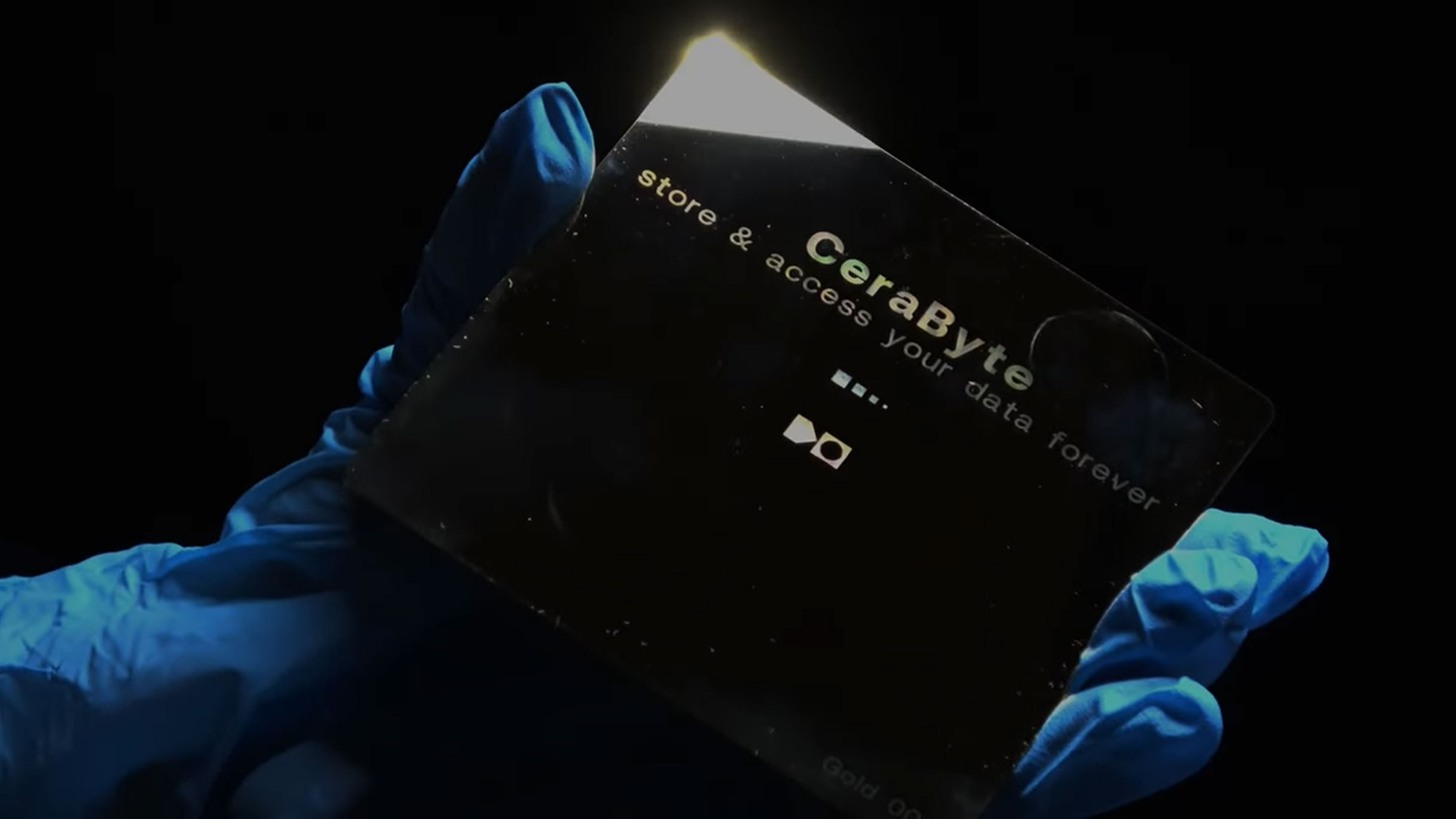
There’s no spooky science behind the durability. Glass is naturally resistant to aging in good 'cold storage' conditions. And, as the Cerabyte trade show demos show, it can shrug off being boiled in salt water for extended periods, or even being severely toasted.
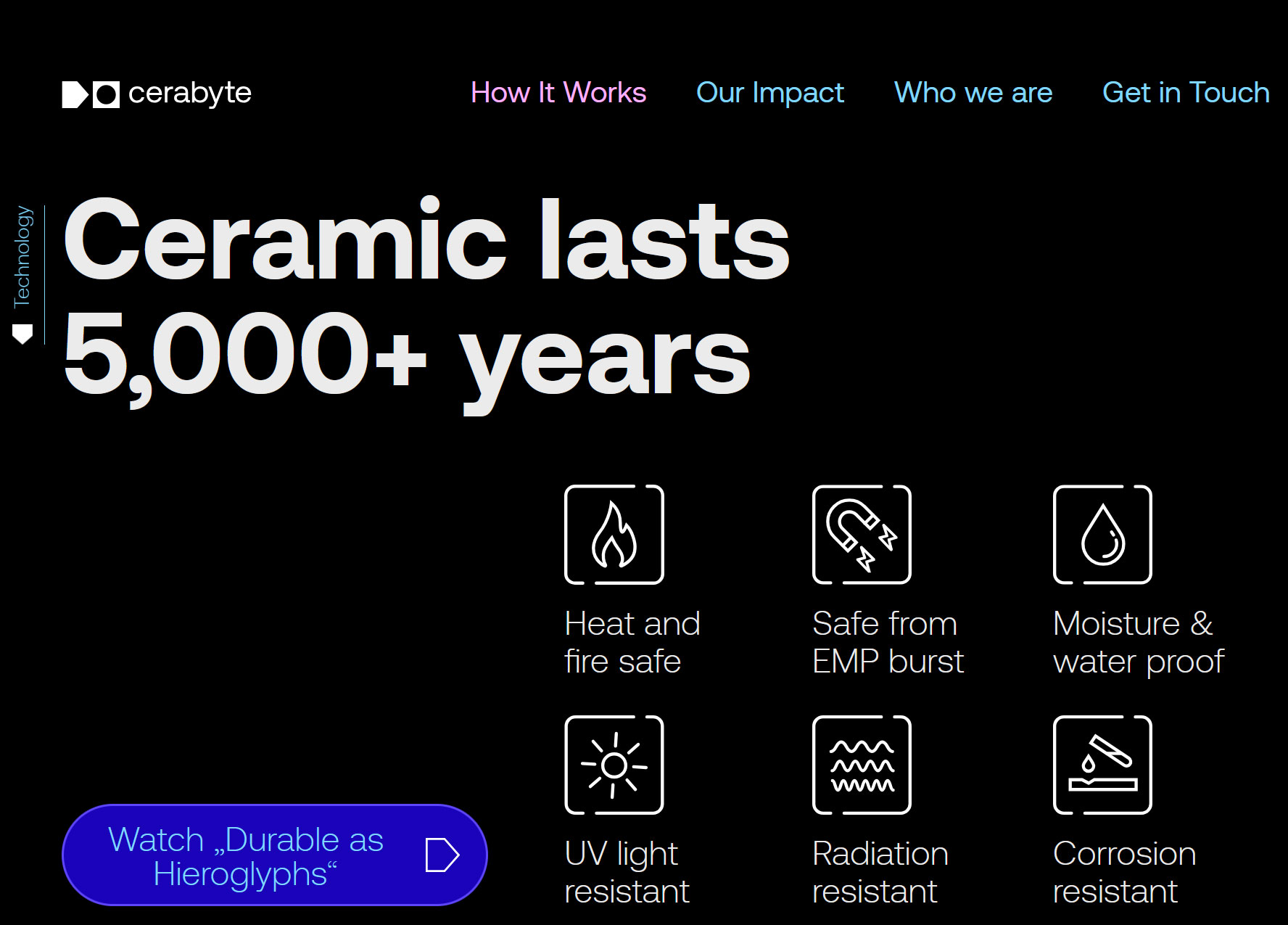
We wouldn’t expect glass-based storage to get corrupted at temperatures much lower than its melting point (around 1,400 degrees Celsius or 2,552 degrees Fahrenheit). Still, we aren’t sure about the unspecified ceramic layer or the interface/bonding between these materials. We also aren’t sure how durable Cerabyte’s ultra-thin media would be if subjected to any impact or shocks. Still, it is naturally resistant to corruption from other common accidents and acts of God that involve fire, water, radiation, or EMP.
Going forward, Cerabyte hopes to reduce media costs to less than $1 per TB by 2030. It isn’t all about glass slide-based storage, either. CeraTape is on its roadmap, and each tape targets storage of an exabyte of data.
Follow Tom's Hardware on Google News to get our up-to-date news, analysis, and reviews in your feeds. Make sure to click the Follow button.

 4 months ago
104
4 months ago
104
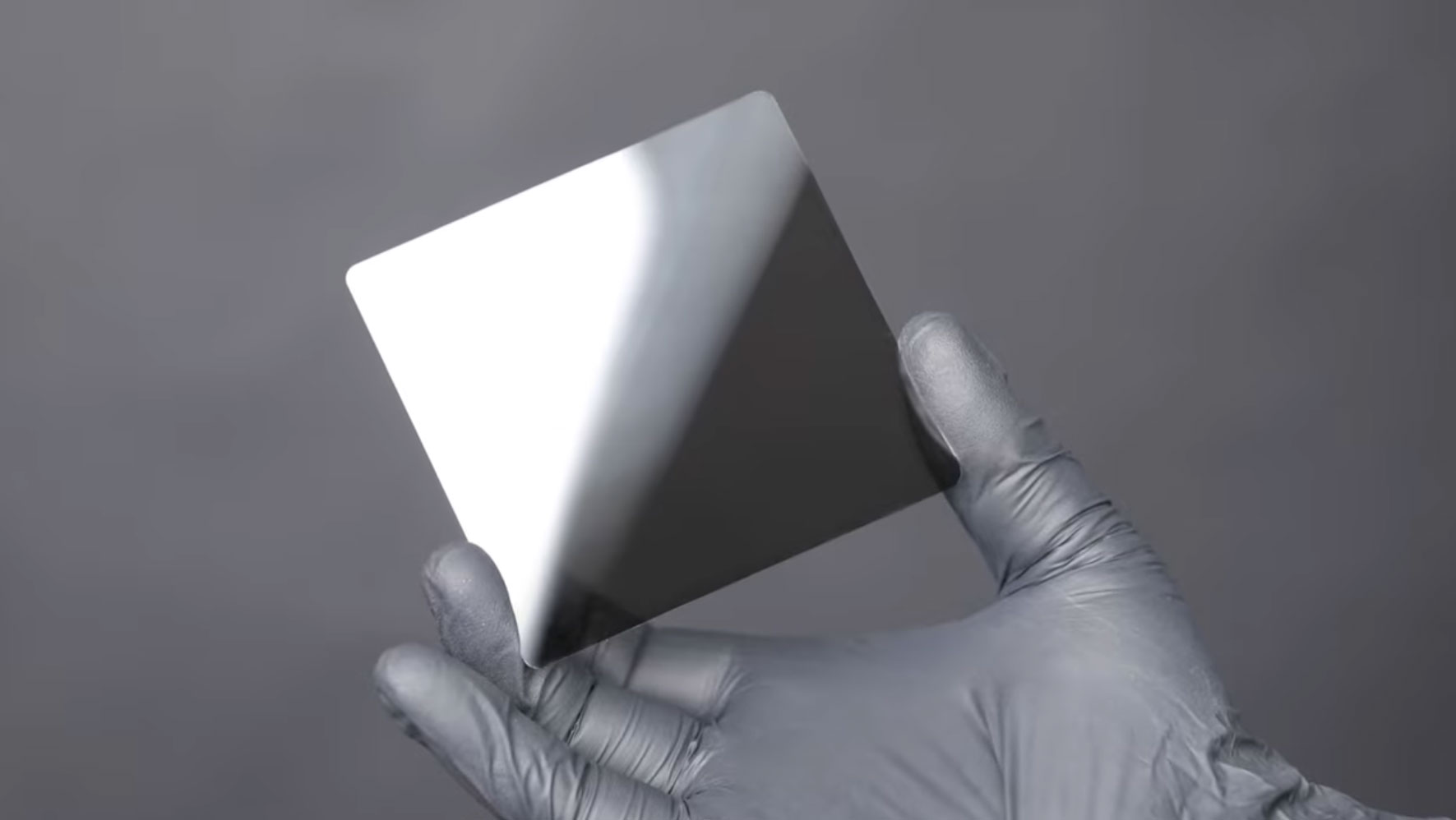
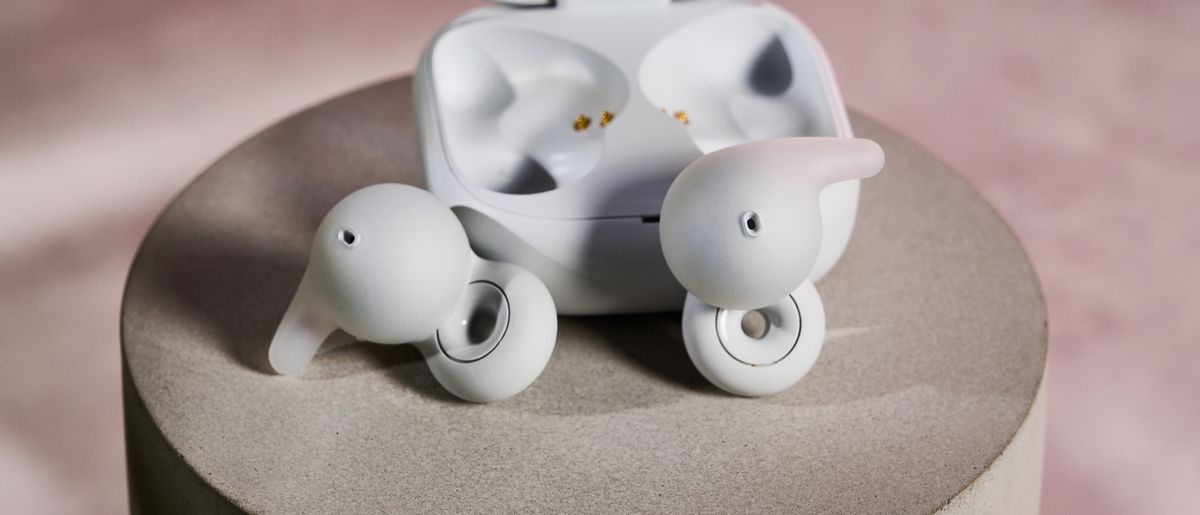


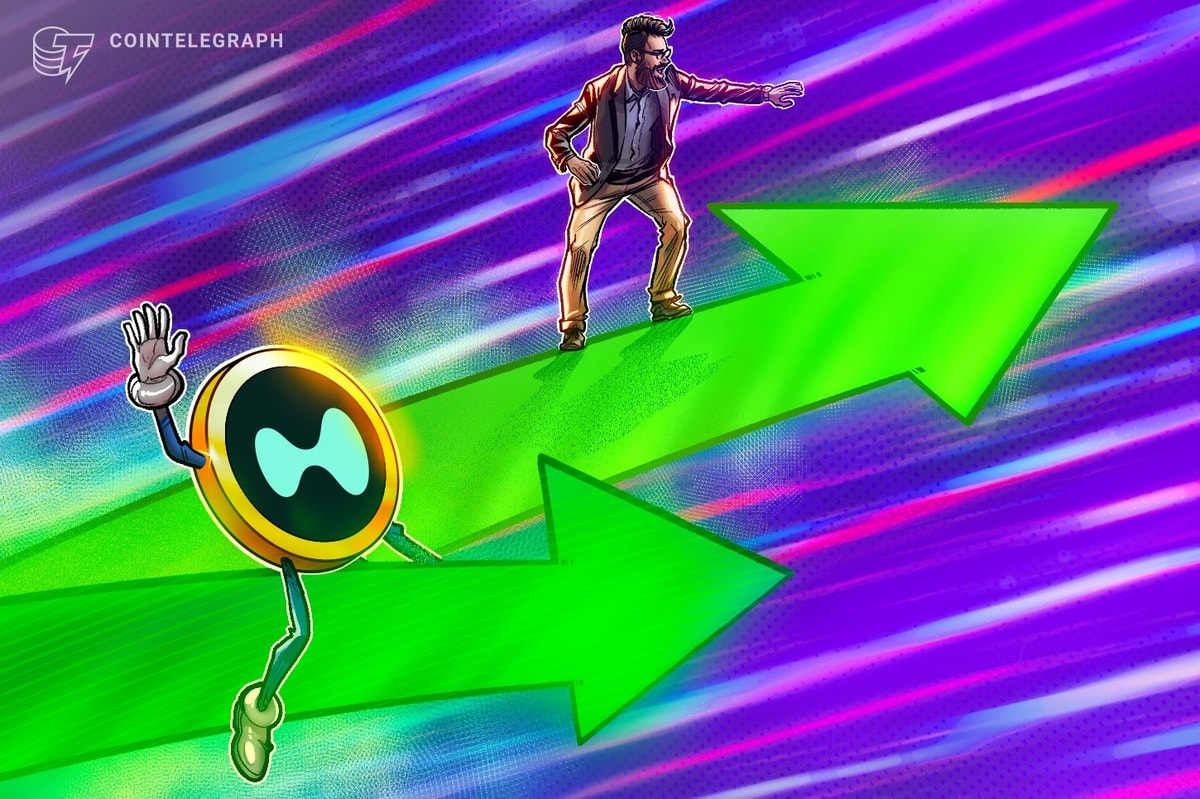


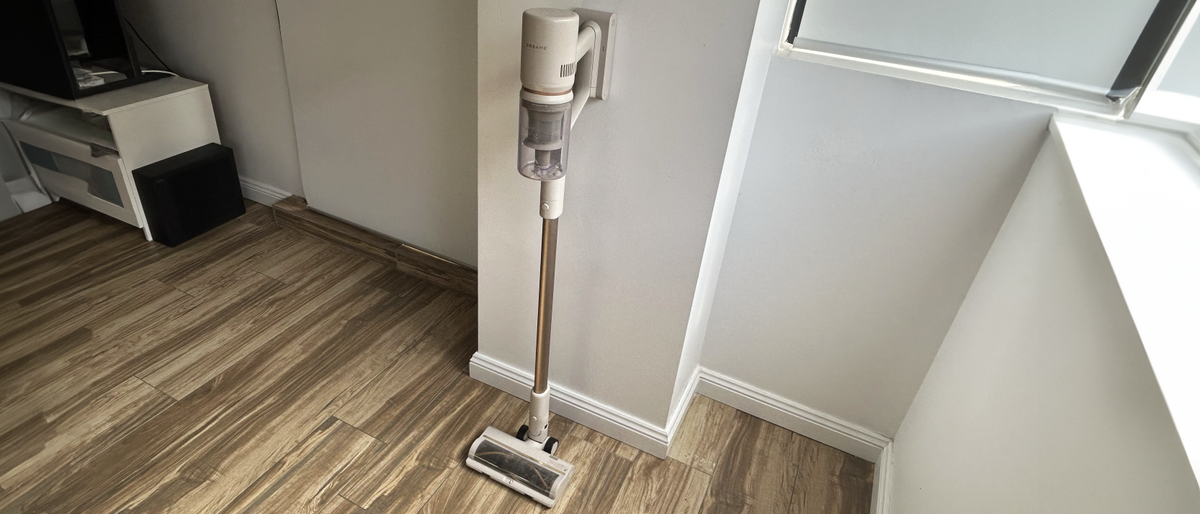

 English (US) ·
English (US) ·